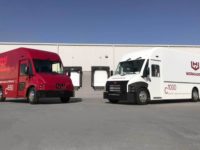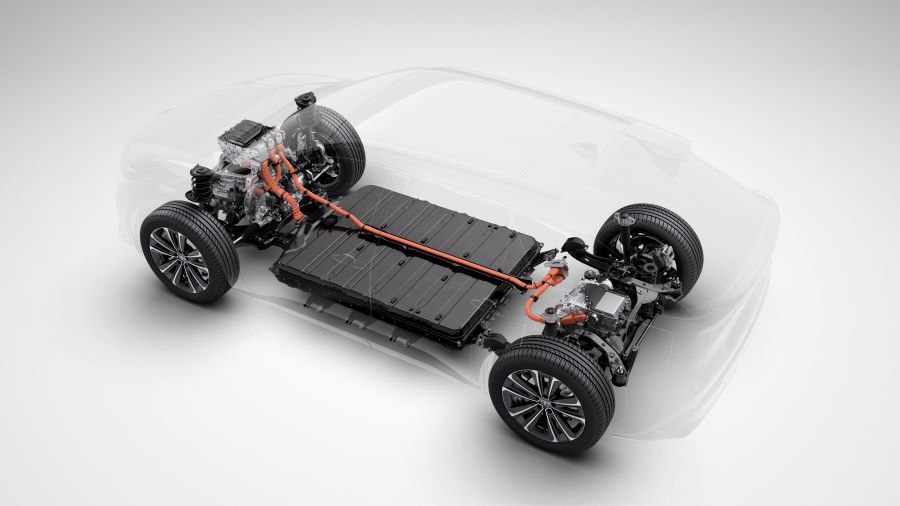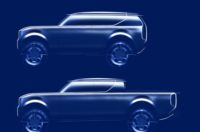GEORGETOWN, KY—Toyota Motor Corp. plans to produce a battery-powered SUV at its flagship assembly plant here starting in 2025. The company’s first U.S.-assembled EV will be powered by batteries producted at a new plant in Liberty, NC, that is currently under construction.
“We are committed to reducing carbon emissions as much as possible and as soon as possible,” says Ted Ogawa, president and CEO of Toyota Motor North America. “To achieve this goal, customers must have access to a portfolio of options that meet their needs now and in the future. It is exciting to see our largest U.S. plant, Toyota Kentucky, and our newest plant, Toyota North Carolina, drive us into the future together…for our expanding electrified lineup.”
Accoridng to Ogawa, the decision to assemble an EV in the U.S. demonstrates the company’s belief in electric vehicles and its commitment to design, engineer and produce vehicles for the market.
“Toyota Kentucky set the standard for Toyota vehicle manufacturing in the U.S. and now we’re leading the charge with EVs,” notes Susan Elkington, president of Toyota Motor Manufacturing, Kentucky. “Our incredible team of Kentuckians is excited to take on this new challenge while delivering the same great quality and reliability that our customers expect.”
“The future is bright at Toyota North Carolina,” adds Sean Suggs, president of Toyota Battery Manufacturing, North Carolina. “With this proactive infrastructure investment, we will be able to quickly support future expansion opportunities to meet growing customer need.”
The state-of-the-art facility will be Toyota’s hub for developing and producing lithium-ion batteries needed for its expanding portfolio of electrified vehicles. Production at the Liberty plant is slated to begin in 2025 with six battery production lines, four for hybrid electric vehicles and two for BEVs.
By 2025, the automaker plans to have an electrified option available for every Toyota and Lexus model globally. Over the last two years, the company has invested more than $8 billion in its U.S. manufacturing operations to support its product electrification efforts.



